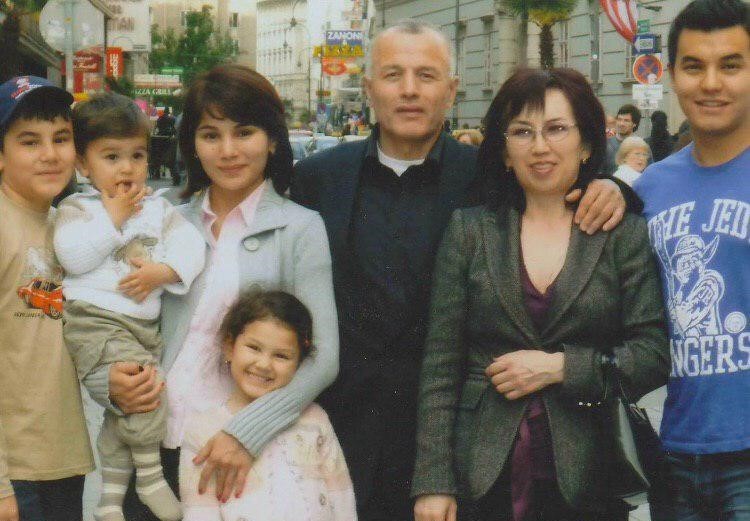EBRD Launches Youth in Business Program in Central Asia
The European Bank for Reconstruction and Development (EBRD) on December 12th said it is addressing the issue of youth entrepreneurship and employment in Central Asia by launching a seven-year €200 million (U$ 218 million) Youth in Business program designed to provide better access to finance and relevant training to young entrepreneurs in the region, where up to one third of the population is aged between 18 and 34 years.
The Youth in Business program in Central Asia (YiB CA) will target micro, small and medium-sized enterprises (MSMEs) led or owned by individuals under the age of 35. It will consist of up to €200 million for on-lending to up to 20 partner financial institutions in Central Asia and Mongolia; targeted non-financial services for eligible small businesses will be provided by the Bank’s Advice for Small Businesses program to help develop their entrepreneurial skills through training, advisory services, and networking opportunities.
The EBRD’s investment will be complemented by a package of up to €30 million in grants and concessional co-financing to stimulate inclusive lending and youth entrepreneurship.
It is expected that the first agreements under the YiB CA will include: a loan of up to U$ 10 million to Uzbekistan’s largest private bank, Hamkorbank, a loan of up to U$ 8 million to Shinhan Bank Kazakhstan, a loan of up to U$ 4 million to Mongolia’s leading micro-lender, Transcapital, and a loan of up to U$ 2 million to Kazakhstan-based micro-financial organization, Arnur Credit.
A market assessment conducted by the EBRD in the region revealed that while many young people across Central Asia have a strong entrepreneurial mindset, very few have access to equal economic opportunities. Only around 10% have access to the necessary training and professional expertise.
In Central Asia, MSMEs account for almost half of total employment, and contribute almost 40% of regional GDP.
Grant support and concessional finance to the program is provided by the Government of Kazakhstan, the Small Business Impact Fund, and the European Union.









